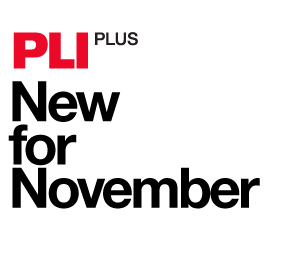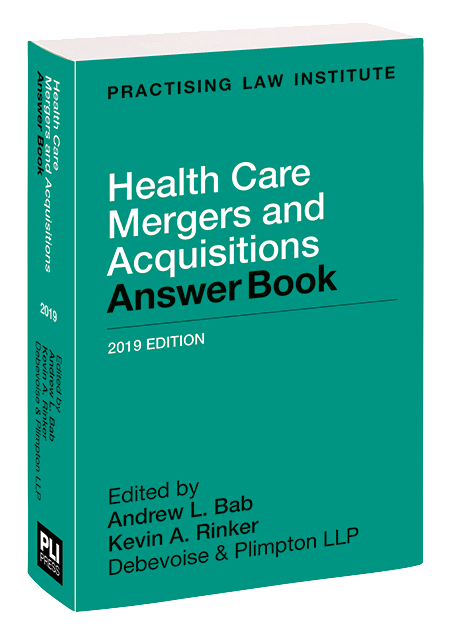Master the 8-K is one of the publications in PLI’s SEC Compliance and Disclosure Series. This clear, concise, and comprehensive guide to filing the SEC’s Form 8-K is a tool that every securities lawyer or person who is responsible for a company’s periodic SEC reports will want to have close at hand. With sample disclosure language and detailed appendices containing the Form 8-K itself, key regulations, SEC compliance and disclosure interpretations (C&DIs), this title is a stand-alone resource for anyone seeking to master the 8-K.
In this easy-to-use book, each Form 8-K Item is separately analyzed and begins with “highlights” that, at a glance, alert you to critical matters about that Item, such as whether the “safe harbor” applies, whether there are exhibit requirements, whether there are possible update requirements, and whether there are critical definitions to consider. Each section then provides step-by-step instructions and expert practice tips.
This updated new edition of Master the 8-K provides current guidance primarily designed to address the SEC’s 2018 and 2019 rule changes that were intended to modernize and simplify disclosure requirements, such as:
- Permitting omission of schedules and attachments from many exhibits;
- Streamlining the rules for incorporation by reference; and
- An innovative new approach to confidential treatment, which allows companies to redact confidential information from exhibits without the need to submit formal confidential treatment requests.
This treatise is available on PLI
PLUS. If you would like to purchase a print copy, please email libraryrelations@pli.edu.



